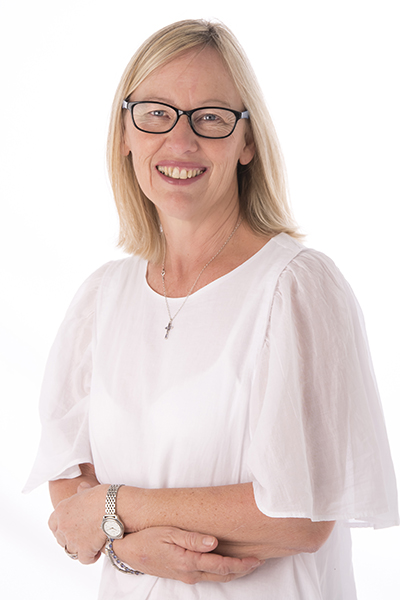Latest News Archive
Please select Category, Year, and then Month to display items
18 October 2021
|
Story Dr Nitha Ramnath

Our podcast guest
Prof Jeandrew Brink holds the post of Associate Professor in the Department of Mathematics and Applied
Mathematics within the Faculty of Natural and Agricultural Sciences at the University of the Free State. Her areas of interest include an analytical interest in Einstein field equations, dynamical systems, algorithms for testing general relativity
and the no-hair theorems, black holes, and gravitational waves. Prof Brink registered for a Bachelor of Sciences in 1998, continued with honours studies in 1999, and completed her master’s degree in 2000. Prof Brink’s research is on various
theoretical aspects of testing general relativity. She is a member of the MeerKAT telescope team that times and detect pulsars. She is also working with members of the Laser Interferometer Gravitational-Wave Observatory (LIGO) to find ways of using
gravitational waves to test Einstein’s theory.
Prof Brink was involved in the compilation of a video of geodesic orbits around a Manko-Novikov singularity, selected to be part of a Starmus 3 concert, the proceeds of which went towards promoting the Stephen Hawking Medal for Science Communication and
to support the charitable activities of the Stephen Hawking Foundation. It could also be part of a subsequent documentary.
Listen to the podcast at
François van Schalkwyk and Keenan Carelse,
UFS alumni leading the university’s United
Kingdom Alumni Chapter, have put their voices together to produce and direct the podcast series. Intended to reconnect alumni with the university and their university experience, the podcasts will be featured on the first Monday of every month,
ending in November 2021. Our featured alumni share and reflect on their experiences at the UFS, how it has shaped their lives, and relate why their ongoing association with the UFS is still relevant and important. The podcasts are authentic
conversations – they provide an opportunity for the university to understand and learn about the experiences of its alumni and to celebrate the diversity and touchpoints that unite them.
For further information regarding the podcast series, or to propose other alumni guests, please email us at
alumnipodcast@ufs.ac.za
For all Voices from the Free State podcasts,
click here.
UFS Expert: Prof Felicity Burt investigates zoonotic and arboviruses
2017-12-13

Prof Felicity Burt recently received a B-rating from the
National Research
Foundation.
Photo: Sonia Small
Prof Felicity Burt is from the Division of Virology in the Faculty of Health Sciences at the University of the Free State (UFS), as well as the National Health Laboratory Services (NHLS). She currently holds an NRF-DST South African Research Chair in vector-borne and zoonotic diseases. Professor Burt and her research group investigate arboviruses and zoonotic viruses.
Prof Burt’s research primarily focuses on host immune responses to arboviral infections specifically characterising humoral and cellular immune responses in patients with infections such as Crimean-Congo haemorrhagic fever (CCHF) virus and Sindbis virus; epitope discovery for development of diagnostic tools; development of molecular and serological assays for surveillance purposes; virus discovery; and the development of vaccines.
Raising awareness of these viruses, defining associated diseases, and developing tools for surveillance programmes will contribute to understanding these pathogens as well as the public health implications.
Leads research group in papilloma viruses
Arboviruses cause outbreaks of disease in South Africa annually. Outbreaks are usually associated with heavy rainfall favouring the breeding of mosquitos, but these viruses also have the capacity to spread and become endemic in new areas where competent vectors are present.
In addition, she is leading a research group that investigates human papilloma viruses (HPV) associated with head and neck cancers and recurrent laryngeal papilloma.
The focus of this research group is to ascertain the genotypes of HPV causing these diseases, identification of novel biomarkers for early detection, and complete genome sequencing for molecular characterisation of HPV isolates.